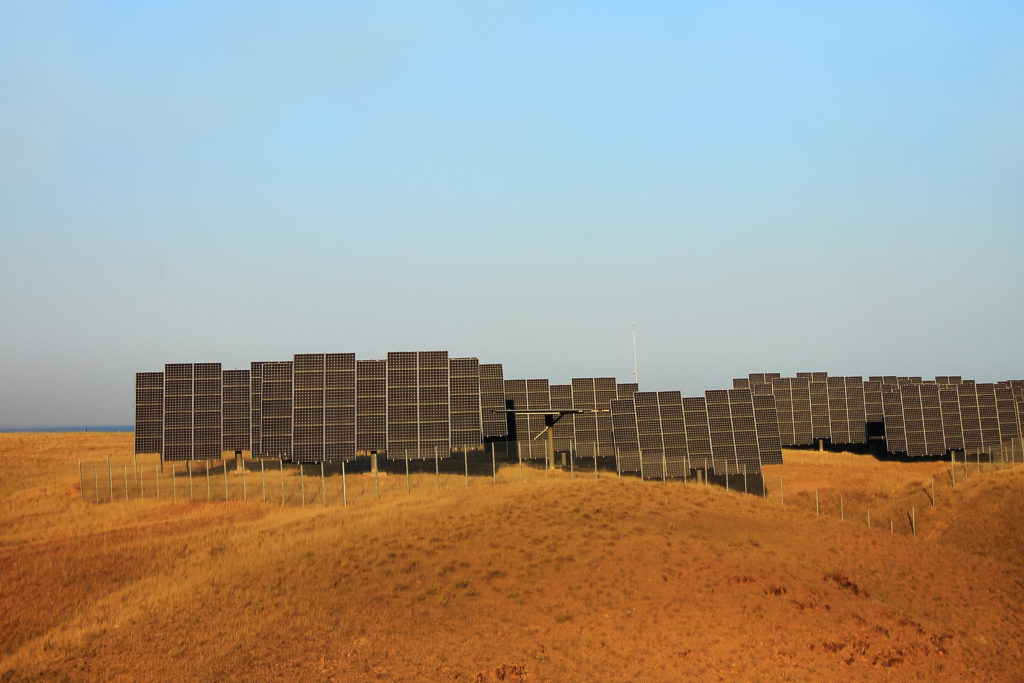TASHKENT
Abu Dhabi Future Energy Company Masdar has won another tender for the construction of a 457-megawatt solar photovoltaic plant in Uzbekistan, adding to a string of green energy projects it’s already developing in the Central Asian country.
The latest plant will be built in the Sherabad district of the southern Surkhandarya region, Uzbekistan’s Energy Ministry said. Masdar last month won bids to build two solar power plants, each with a capacity of 220 MW, in the central Samarkand and Jizzakh regions of Uzbekistan.
“Solar power is a priority for Uzbekistan, and we look forward to reaching our target of 1GW set by the Programme. Our solar energy strategy will create highly-skilled, local clean energy jobs in line with the government’s program for energy diversification,” Alisher Sultanov, Energy Minister of Uzbekistan, said in a statement.
“The global solar energy market has doubled since 2019, with a record number of new installations targeted. In Uzbekistan, we are very happy to join the international community of solar power generators and have an industrial solar strategy in place,” he added.
The project is a key component of Uzbekistan’s ambitious strategy to generate up to 5 GW of environmentally friendly solar generation by 2030, to meet growing electricity demand in the country of 35 million people. The Central Asian nation plans to bring the share of alternative energy sources in the total energy balance of the country to 25 percent, which in turn will reduce Uzbekistan’s energy dependence on gas and coal.
The Sherabad, Samarkand and Jizzakh projects are part of Uzbekistan’s wider programme to construct solar plants with a total capacity of 1 GW. The programme is being implemented by Uzbekistan’s Ministry of Energy and the Ministry of Investment and Foreign Trade, with support from the Asian Development Bank.
Uzbekistan’s President Shavkat Mirziyoyev formally launched the implementation phase of the Sherabad project on June 1, during a visit to Surkhandarya. Once completed, the plant’s annual output will be 1.04 billion kWh. This will save 340 million cubic metres of natural gas per year and provide 300,000 households with electricity, the energy ministry said.

